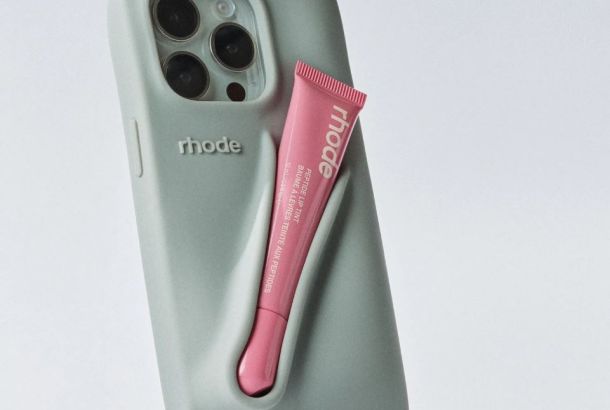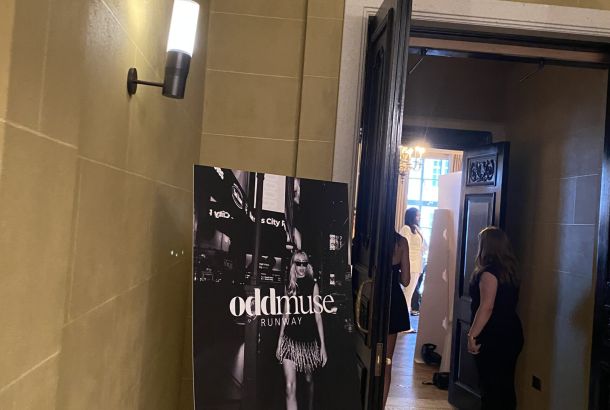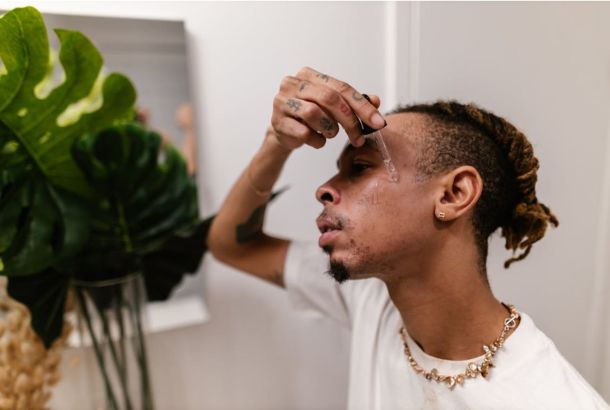Dolce & Gabbana: from controversy to cannoli
By Sophie Walsh
Dolce & Gabbana. The youthful Italian fashion house was founded in Milan in 1985 by designers Domenico Dolce and Stefano Gabbana. Since then, the fashion house has become one of the biggest international corporations in luxury goods, drawing in an A-list celebrity clientele. Aside from clothes however, advertising campaigns have been most successful in drawing attention to the brand.
In the recent 2017/18 Dolce & Gabbana campaign, stiff poses in clinically white studios, frosty stares and jutted chins have disappeared. Instead, the label goes back to its Italian roots. It is shot in various locations across Italy by world reporter Franco Pagetti who usually covers international conflicts (a slight veer from his usual work then). Models laugh, eat, dance, hug and give off a suitable impression of careless Mediterranean merriment. The campaign goes beyond a glossy image, it is a sensory experience. You are transported to an Italian market town where the sun is always shining, you can hear the music of street performers, smell the Sicilian lemons and taste the Spaghetti alla vesuviana. Rosy-cheeked models of various colours and sizes (and celebrity-status parents) interact with local restaurateurs, fishmongers, street vendors and passers-by. It’s clever, it’s enticing. It shouts, ‘you can wear these clothes and have an amazing time, don’t worry about a spaghetti splash on a €3000 all white outfit just enjoy’.
However, this is a far cry from the less than wholesome campaigns of yesteryear. I’m not just talking about an accidental nip slip. In 2007, a Dolce & Gabbana advertisement was banned in the UK by the Advertising Standards Authority following 166 complaints of knife and gun related violence. Supposedly influenced by the Napoleonic era, scenes included a meat knife held over the throat of a semi-conscious woman and a man intertwined with a naked woman, directing a pistol at a guy sprawled on the floor with a bloody shot wound to the head. The advertisement was said to glamorise weapon related violence. Nevertheless, the ad continued to run in other countries, after all there was no more violence than you may find in a costume drama, and Dolce & Gabbana collections are known to be inspired by history.
It gets worse. Barely a month later the label was slammed once again, but this time world-wide in an ad said to closely resemble a gang rape. The image depicted a woman being pinned down by one shirtless man while three others watched. It was harder to talk themselves around this one and the ad was subsequently banned in both Italy and Spain. The Advertising Self-Discipline Institute stated that it “offended the dignity of the woman” as the female figure is shown as “passive and helpless” compared to the men surrounding her, possibly representing “abuse or the idea of violence towards her.” Many have since argued that it is a misogynistic romanticising of rape culture.
It seems hard to believe then that today’s peppy, sun-soaked Dolce & Gabbana campaign can bear any relation to its dark portfolio. Perhaps after public outcry, they decided to go for something a little less scandaloso. They seem to have gone down the typical route of using celebrity faces (or their children), including Jude Law’s son Rafferty Law and Pamela Anderson’s son Brandon Thomas Lee, to draw in attention. Is this then the new Dolce & Gabbana? Are we to expect lighthearted joviality? Or will the label return to twisted themes we all know very well it is capable of creating. Will it be a case of Dr Jekyll and Mr Hyde? Only time will tell.







